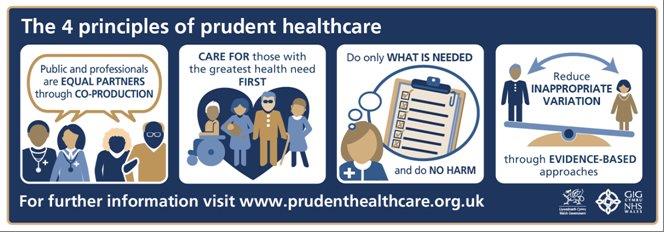
The Prudent Health Care Blogs Prudent principle three: Do only what is needed and do no harm I have a feeling that the illustrious French philosopher Voltaire was not particularly impressed with doctors when he gave us the following pearls of wisdom: 'Doctors pour drugs of which they know little to cure disease of which they know less, into humans of whom they know nothing' , and, 'The art of medicine consists in amusing the patient whilst nature cures the disease' . Perhaps he had been on the receiving end of some adverse effect of a preferred remedy of the day or he had been attacked by a quack bearing a jar of leeches. I don't know. However, I do think he made a point which still holds true today, even with the advances we have made in our knowledge and understanding of disease and the development of evidence-based modern medicine. When the Prudent Healthcare principles were first described some of my colleagues felt a little i
